Diarrhea in an infant (or diarrhea) is a multiple bowel movement with the release of liquefied and abundant feces, sometimes with an admixture of mucus. However, parents should know that in infants, loose stools are completely normal, because children of the first year of life receive mainly liquid food in the form of breast milk or infant formula. Therefore, liquid foods cannot form hard stools. Moreover, it is loose stools at this age that should be considered normal.
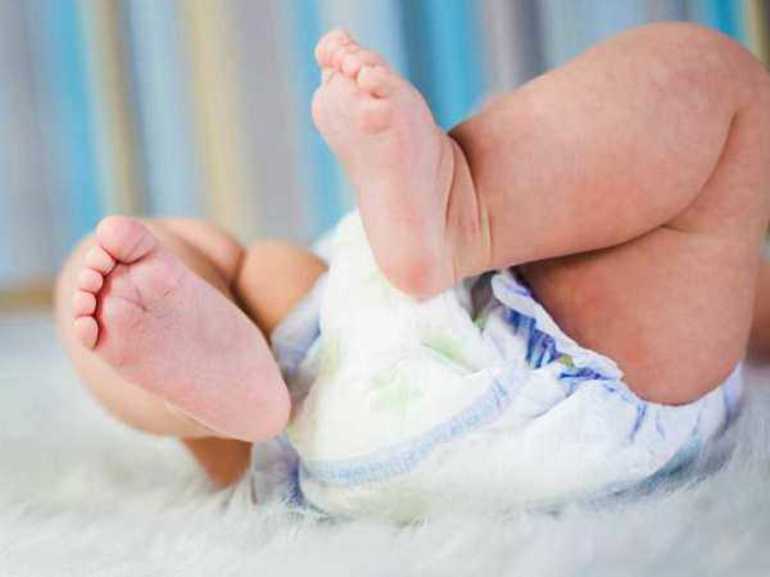
Please note that for children under one year of age, it is not so much the diarrhea itself (which just performs a protective function, emptying the intestines), but the loss of fluid and salts, followed by disruption of the internal organs.
Symptoms and causes of diarrhea
Diarrhea in a newborn can occur periodically, but there are enough reasons for this:
- intolerance to individual products;
- the introduction of new dishes in the diet of the child
- poorly washed bottle or dirty toy;
- overheating of the child;
- neurogenic disorder (with fear);
- teething;
- infection;
- the use of certain drugs (antibiotics that violate the microflora).
Symptoms indicating diarrhea are:
- very loose stools
- an increase in feces during bowel movements,
- bad smell
- the appearance of "flakes" in the feces.
Treatment of diarrhea in infants
If the baby has diarrhea, treatment should be started from the first hours. The actions of parents should not be directed to directly suppressing diarrhea, but to replenish the lost fluid and salts. The following are first aid measures.
- Breast-fed infants should be applied to the breast as often as possible.
- To make up for fluid loss, it is better to use specially prepared solutions sold in pharmacies (for example, electrolyte solutions “naturalight” or “pedialight”, but consult with your doctor first).
- Infusions from blackberry leaves, dried blueberries or pomegranate peels have a positive effect on the intestinal condition.
If within 2 days the parents can not cope with the discomfort of the child, they should show it to the pediatrician and get the necessary advice.
Medical assistance may be required if:
- the child has pallor, chapped lips, dry mouth;
- high fever, vomiting;
- there was a suspicion that diarrhea in the baby was caused by taking medication.


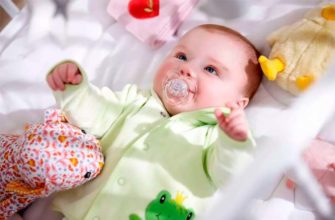
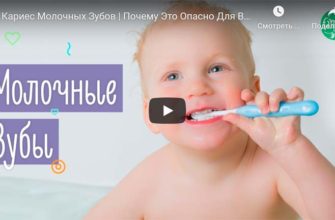
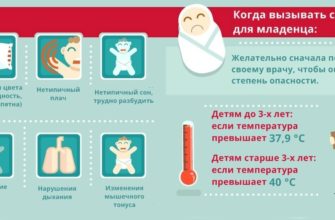

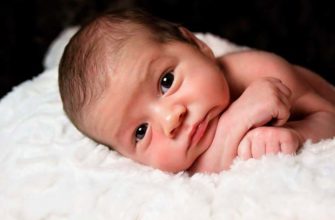
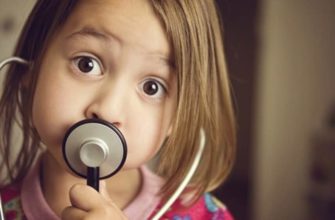

It is very good if the baby is breastfeeding at this moment. In this case, the mother can help the baby by taking the infusion of dried blueberries. The baby will get the infusion through milk, especially if it is problematic to drink the baby (spits out, does not take a bottle, etc.). This is generally a problem. In ordinary children's hospitals, no one will tell the cause of diarrhea, there is no way to take tests and understand what exactly is the matter. They can immediately put everything into an infectious disease ... And there, against the backdrop of this ailment, you can still pick up a bunch. So react immediately - liquid, decoctions, pharmacy drugs. Well, then on the situation. If the condition starts to deteriorate, then immediately go to the doctor!
Indeed, it is much worse when the baby is attached. I heard that toxins accumulate and send the body of the child. With diarrhea it will be much easier to cope with if you drink and properly feed. Pom
I give Polysorb from diarrhea or indigestion, it has never let us down. It eases quickly from it, diarrhea passes, removes toxins from the body, and it can be given to children from birth, which is important.